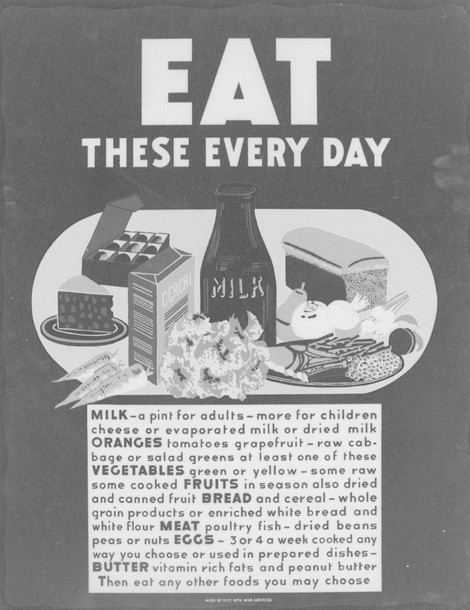Your podcast discovery platform
Curious minds select the most fascinating podcasts from around the world. Discover hand-piqd audio recommendations on your favorite topics.

piqer for: Global finds Technology and society Globalization and politics
Elvia Wilk is a writer and editor living in New York and Berlin, covering art, architecture, urbanism, and technology. She contributes to publications like Frieze, Artforum, e-flux, die Zeit, the Architectural Review, and Metropolis. She's currently a contributing editor at e-flux Journal and Rhizome.
The Post-Postmodernism Of Food, Or Health Beyond Consumption
In 2008 Mark Greif wrote an essay suggesting that the world was experiencing a “postmodernism of food”. Reading it today, one can’t help but wonder where we are now, almost ten years later. Hyperneoliberalism of food?
Greif describes how “the modern project of food has always been associated with an end to scarcity”, but that in the twenty-first century, but thanks to the “technical achievement of super-abundance”, a fascination with the technologization of food itself ensued. Not only is food itself frozen, transported, compressed into canisters, and mashed into novel shapes and colors, but we ourselves became novel machines for consuming and digesting.
The science of food and its speedy technologized distribution was for a long time synonymous with progress. In recent decades, though, this inspired a counter-movement in the form of the slow food movement, paleo diets, and science arguing for a reduction of science. Congruently, Greif argues that eating (and health in a broader sense) became a hobby, a mode of self-expression and, I think, a central method for exercising control and the subsequent loss of control we experience as pleasure.
By examining these various cultural shifts, Greif overlays global economic cycles and mass consumption to the intimate, daily process of selecting food and consuming it. Any of us who want to live longer, of course, can’t help but “choose health”—the other option ostensibly being death. But how could we conceive of our health beyond longevity sold to us as a product? Is there any other way to live well beyond an Instagram-friendly "healthy lifestyle"? In his words:
If, in this day and age, we rejected the need to live longer, what would any one of us rich Westerners live for instead?
